The Charter of the United Nations (1945) states that one of the purposes of the United Nations is to promote and encourage respect for human rights and fundamental freedoms for all.
The Universal Declaration of Human Rights of the United Nations General Assembly in 1948 was the first attempt by all nations to comprehensively enshrine human rights in a single document. Its purpose was therefore to establish a common standard for all people in all nations.
[caption id="attachment_599760" align="alignnone" width="768"]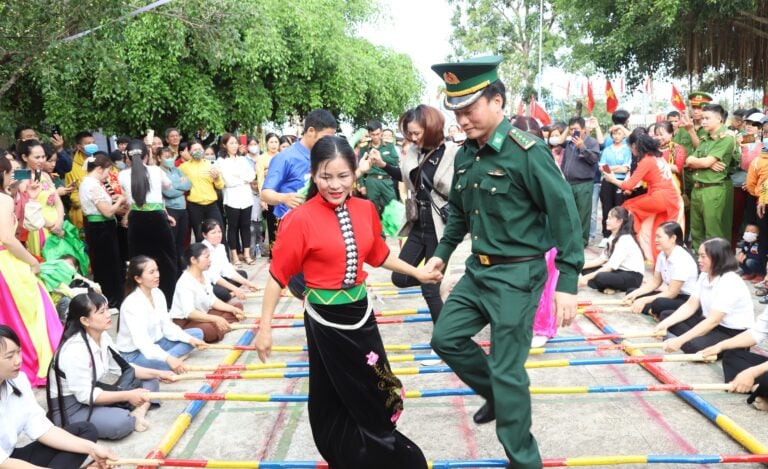 Vietnam has achieved many outstanding achievements in the work of national solidarity, supporting ethnic minorities in socio -economic development, poverty reduction, preservation and promotion of traditional values. (Photo: Nhan Dan)[/caption]
Vietnam has achieved many outstanding achievements in the work of national solidarity, supporting ethnic minorities in socio -economic development, poverty reduction, preservation and promotion of traditional values. (Photo: Nhan Dan)[/caption]The International Convention on the Elimination of All Forms of Racial Discrimination (CERD) was adopted and opened for signature and ratification by the United Nations General Assembly on December 21, 1965, and entered into force on January 4, 1969. Vietnam joined the Convention in 1982.
The International Convention on the Elimination of All Forms of Racial Discrimination came into being when member states considered that the Charter of the United Nations was based on the principle of equality and inherent dignity of human beings.
Anti-racism
Article 2 of the Convention requires States Parties to condemn racial discrimination and undertake to eliminate it without delay in all its forms and to promote understanding among all races.
States Parties shall not sponsor, protect or support racial discrimination by any individual or group. In addition to being parties to the CERD Convention, States Parties shall take specific and specific measures in all areas to ensure the adequate development and protection of certain racial groups or individuals belonging to them, with a view to ensuring their full and equal enjoyment of human rights and fundamental freedoms.
According to Article 4 of the Convention, States Parties are obliged to condemn all propaganda and all organizations based on ideas or doctrines of the superiority of a race or of a group of persons of the same skin colour or ethnic origin, which seek to justify or encourage racial hatred and discrimination in any form.
States undertake to adopt prompt and active measures to eliminate all incitement to racial discrimination or acts of discrimination.
[caption id="attachment_599762" align="alignnone" width="768"]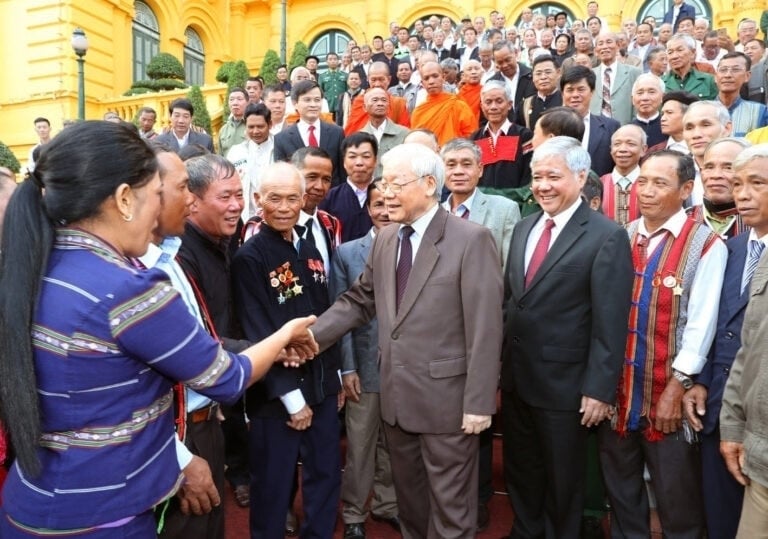 General Secretary Nguyen Phu Trong with village elders, village chiefs, clan chiefs, and prominent people of ethnic minorities in border areas attending the first "Village Support" Program in 2018. (Photo: Communist Party of Vietnam )[/caption]
General Secretary Nguyen Phu Trong with village elders, village chiefs, clan chiefs, and prominent people of ethnic minorities in border areas attending the first "Village Support" Program in 2018. (Photo: Communist Party of Vietnam )[/caption]Ensuring equality before the law
Article 5 of the Covenant expands on the general obligation of Article 2 and creates a specific obligation to ensure the right of all persons, without distinction of race, colour, or national or ethnic origin, to equality before the law, in particular in the enjoyment of the rights:
- The right to equal treatment before the courts and other tribunals.
- The right to personal security and protection by the state against acts of violence or bodily harm caused by state agents or by any individual, group or agency.
- Political rights, in particular the right to vote and to stand for election on the basis of universal and equal suffrage, the right to take part in government and other public activities at all levels and to have equal access to public services.
- Other civil rights, in particular: The right to freedom of movement and residence within the national territory; The right to leave any country, including one's own, and to return to one's own country; The right to a nationality; The right to marry and to freely choose one's spouse; The right to own property individually as well as jointly with others; The right to inheritance; The right to freedom of thought, conscience and religion; The right to freedom of speech and freedom of the press; The right to freedom of peaceful assembly and association.
- Economic, social and cultural rights: The right to work, to freely choose employment and to have just and favourable conditions of work, to protection against unemployment, to equal pay for equal work, to fair and equitable remuneration; The right to form and join trade unions; The right to housing; The right to access public health, health care, social security and social services; The right to education and training; The right to participate equally in cultural activities; The right to access any public places and services, such as means of transport, hotels, restaurants, refreshment shops, theatres, parks.
Tra Khanh

![[Photo] Prime Minister Pham Minh Chinh chairs conference to accelerate disbursement of public investment capital, deploy key projects and eliminate temporary and dilapidated houses](https://vphoto.vietnam.vn/thumb/1200x675/vietnam/resource/IMAGE/2025/6/23/fcb205e3ca19432eac326f55123308f4)
![[Photo] Conference to disseminate the implementation of the Plan to promote digital transformation to meet the requirements of restructuring the political system's apparatus](https://vphoto.vietnam.vn/thumb/1200x675/vietnam/resource/IMAGE/2025/6/23/4744403cccd144b79086799e2ceb686e)
![[Photo] Prime Minister Pham Minh Chinh chairs national online conference on new rural construction and poverty reduction](https://vphoto.vietnam.vn/thumb/1200x675/vietnam/resource/IMAGE/2025/6/23/0d239726be21479db1ea6d8d77691a6d)

![[Photo] General Secretary To Lam works with the Party Committee of the Fatherland Front and Central organizations](https://vphoto.vietnam.vn/thumb/1200x675/vietnam/resource/IMAGE/2025/6/23/a252b388e91447ac8fabf948c00f2a21)
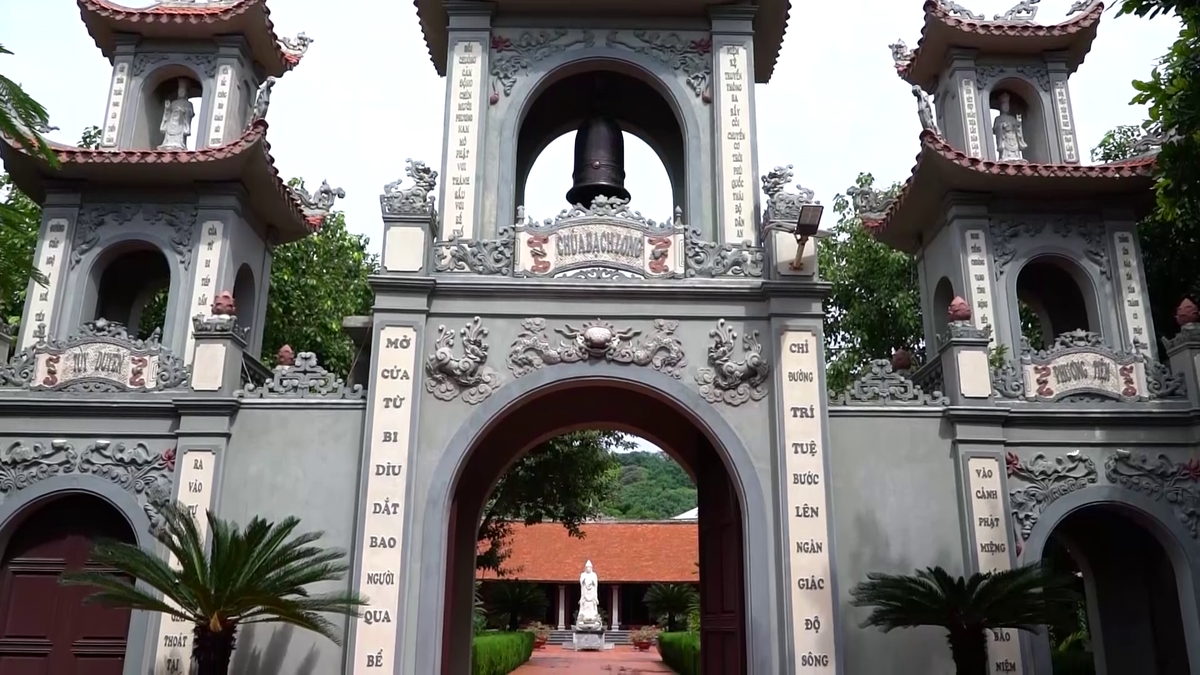





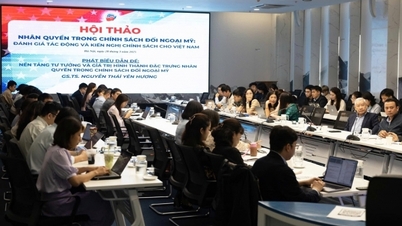







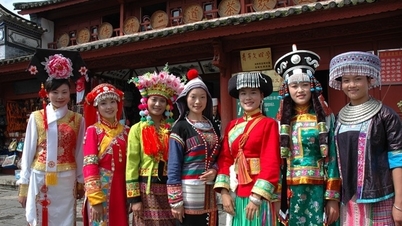



















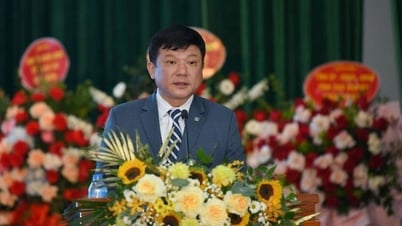





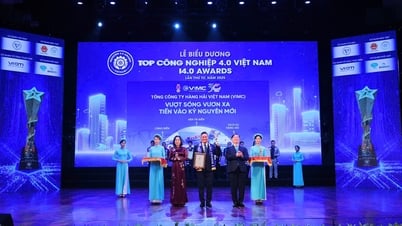





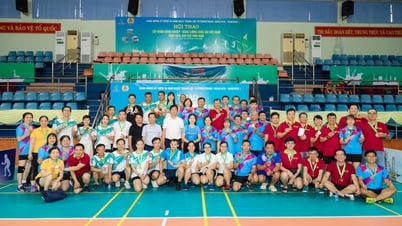
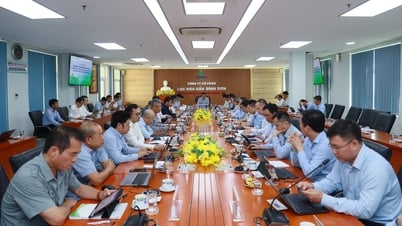
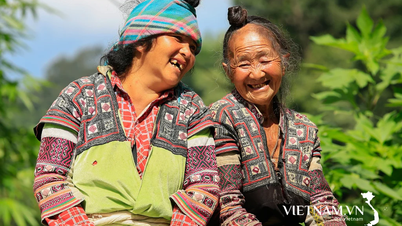
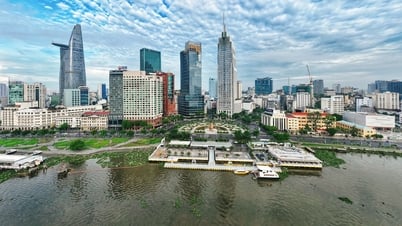


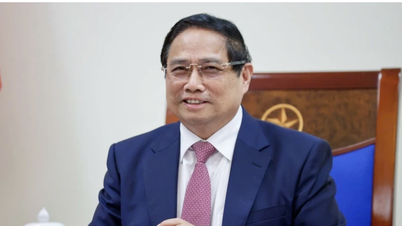

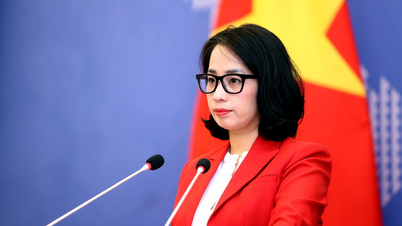
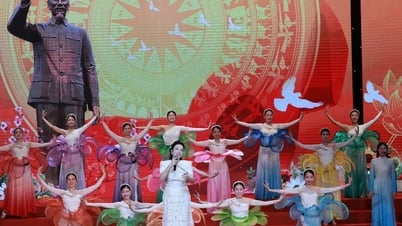


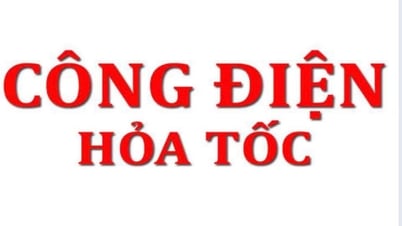

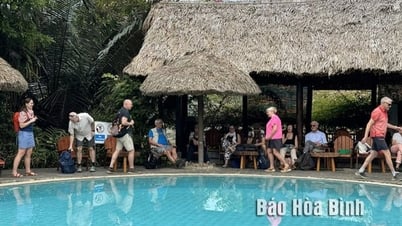






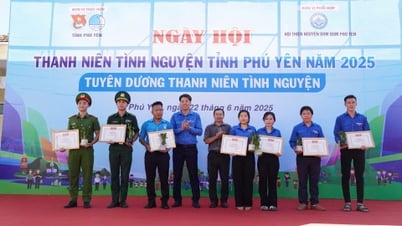

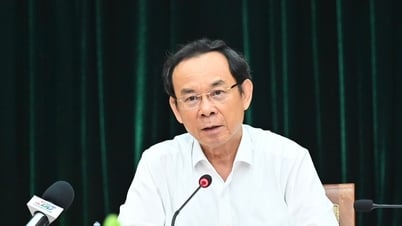


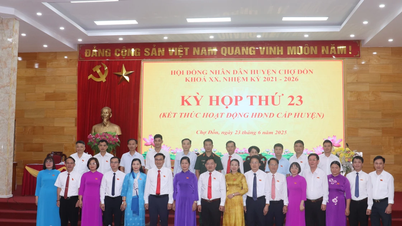

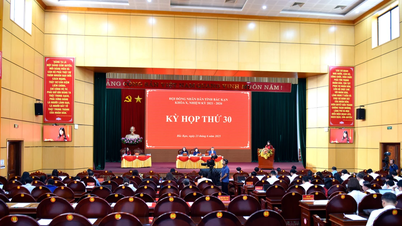




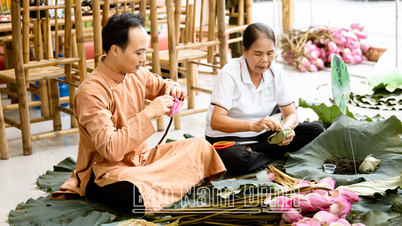










Comment (0)